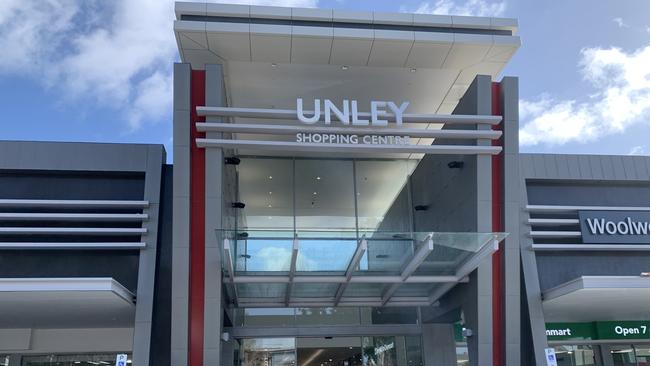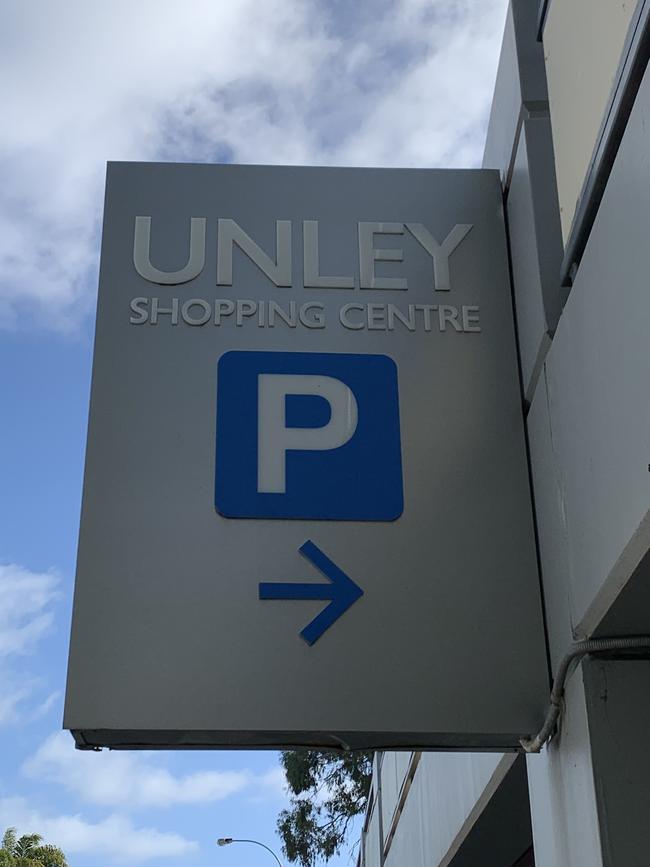Unley Council-owned carpark cannot be demolished, Unley Shopping Centre owners tell Supreme Court
A deal made in 1971 is causing trouble for Unley Council 50 years later, as it eyes the shopping centre carpark for development.

East, Inner Suburbs & Hills
Don't miss out on the headlines from East, Inner Suburbs & Hills. Followed categories will be added to My News.
- LGA asks councils to fund Unley Supreme Court tree battle
- How to get the most out of your Advertiser digital subscription
A legal battle over an Unley Rd carpark has gone all the way to the Supreme Court.
Duke Unley Pty Ltd – which owns Unley Shopping Centre – has claimed it has a “memorial” over the carpark, opposite the shopping centre.
The business claims that under the terms of that agreement, the property must remain a carpark.
But Unley Council has argued that Duke Unley’s agreement is informal and the council has the right to do what it likes with its land.
A three-day trial started on Monday morning.
Ian Robertson SC, for Duke Unley, told the court the council intended to redevelop the land and had not ruled out its sale.

He said Duke Unley and other businesses had entered into a “memorial” – an agreement under the old Local Government Act – with the council in 1971 for a carpark, which was eventually built in 1973.
The businesses party to that agreement were then charged a separate council rate to recoup the cost of building the carpark.
Mr Roberston argued the memorial was, in principle, similar to a trust – and that Duke Unley had entered the agreement on the understanding a carpark would remain.
“In this case, the money that was paid was used to develop the carpark … and we contend there was a specific purpose for which the money was expended and that was that there would be a carpark in situ,” Mr Roberston told the court.
Michael Roder QC, for Unley Council, told the court the council had “excluded” the property as community land in 2001.
He argued the original memorial was like a petition, rather than a formal document, and there was “nothing” in the documentation to suggest the land would “perpetually” be a carpark.
“In essence it’s really no different to any other rating procedure and what you won’t see … is any case in this country or, as far as I’m aware, in the common law world, where the imposition and collection of a rate has given rise to a trust obligation,” Mr Roder said.
The case will return to trial on Tuesday.
